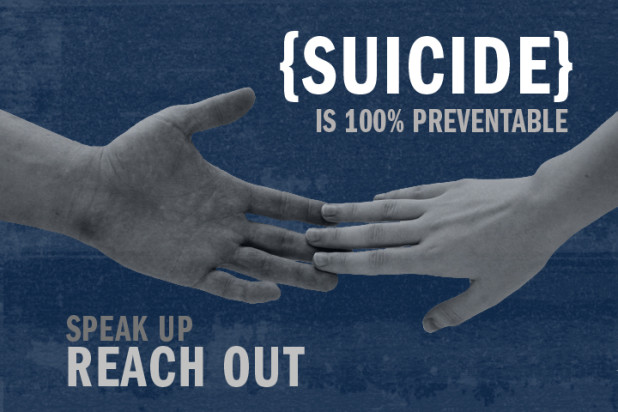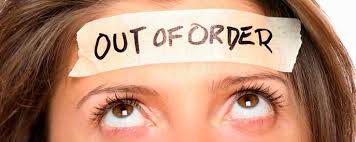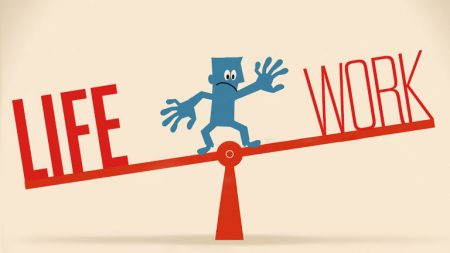In this day and age, it can often become difficult to maintain a healthy work -life balance. With the increasing demands of work, the boundaries between work and home can easily become blurred. An imbalance in work life and personal life can lead to increased stress levels. There can be several devastating consequences to poor work-life balance:
- Fatigue: can greatly affect concentration levels and your ability to work productively. This in turn can lead to costly mistakes at work.
- Poor health: stress can take its toll on the immune system and potentially worsen symptoms of medical conditions. Additionally, stress puts you at risk of alcohol and substance abuse.
- Lost time with family and friends: blurred boundaries between work and home life can result in missing out on time with family and friends, and potentially damage interpersonal relationships.
- Increased expectations: working too many hours can lead to increased expectations at work and you may be given more responsibilities which can result in additional challenges.
Setting time limits and self-care activities are essential in establishing a healthy work-life balance.
Track and manage your time: be mindful of your daily tasks including work and personal obligations. Ensure to set aside time in your day to engage in both work and personal activities, making sure to stick to allocated times. It is important to remember that activities that are meaningful to you are included in your day.
Compile a list of to-do activities: make a list of work-related and personal activities. Ensure to keep these lists separate, i.e. one list for work-related tasks and a separate list for personal tasks. Prioritise tasks in order of importance.
Use a calendar or planner: you may wish to use a calendar or planner to help you keep on top of upcoming events. This helps to keep you focused on the task at hand and you are prepared for what each day has in store.
Learn to say “no”: whether it is a colleague asking you to take on another project (not one of your own) or your child’s teacher asking you to be more involved in the school, remember it is okay to respectfully say “no”. We can often take on additional tasks out of guilt or a feeling of obligation. When we are not able to say “no” to others, we can soon put ourselves in a position where we take on too much and can become overwhelmed which can lead to reduced productivity.
Leave work at work: with such advances in technology, we now have the ability to access work from home which can quickly lead to blurred boundaries between work and personal life. Make a conscious effort to separate work time from personal time. Unless you are working on a deadline, avoid checking your emails once you leave the office or taking work home.
Caring for yourself (self-care)
Eat a healthy diet: include fresh fruit, vegetables and lean protein into your diet, to enhance your ability to retain information.
Get enough sleep: lack of sleep can lead to increased stress and poor concentration levels. Ensure you are getting enough sleep to help you function efficiently. The amount of sleep varies between each individual, but aim for a minimum of seven hours. It is important to establish a healthy sleep routine to prepare your mind and body for sleep. Avoid using electronic devices such as mobile phones and tablets just before bedtime. The light emitted by these devices decreases melatonin levels, the hormone associated with sleep.
Make time for enjoyable activities and relaxation: set aside time each day (at least 30 minutes) to engage in activities you enjoy such as reading, walking, and spending time with family and friends.
This blog was written by Maria Kampantais, Your Mind Matters Psychologist
To read the full article, visit http://www.mayoclinic.org/healthy-lifestyle/adult- health/in-depth/work-life- balance/art-20048134?pg=2






